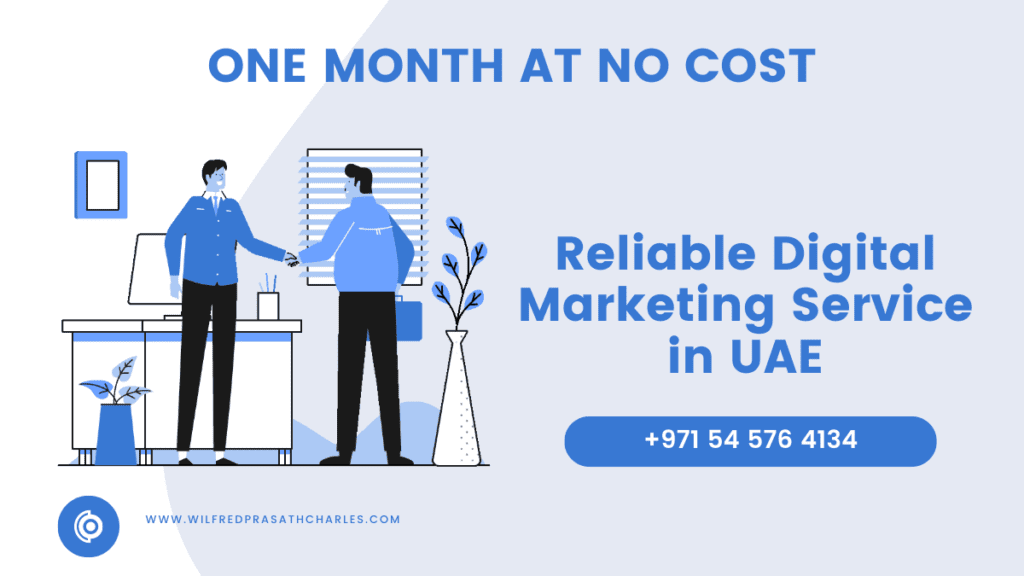
Table of Contents
Introduction
Title, header, and meta tags are vital elements of on-page search engine optimization (SEO). They help search engines understand the content on a webpage and its relevance to user searches. In this article, we’ll take a closer look at each of these tags and provide best practices for optimizing them to improve your website’s search engine rankings.
Title Tags
The title tag is an HTML element that specifies the title of a webpage. It appears in the SERPs as the clickable link to the webpage and is displayed at the top of the browser window. A well-crafted title tag can help improve the CTR of a webpage and its search engine rankings.
Best Practices for Writing a Title Tag
Keep it concise
Title tags should be no more than 70 characters in length to ensure they are displayed correctly in the SERPs.
Use relevant keywords
Incorporate relevant keywords into the title tag to improve the page’s search engine rankings and ensure that the title accurately reflects the content on the page.
Be descriptive
The title tag should accurately describe the content of the page and entice users to click through to the website.
Use branding
Incorporating your brand name in the title tag can help improve brand recognition and recall.
Header Tags
Header tags are HTML elements used to identify headings and subheadings on a webpage. They are used to structure the content on a webpage and provide search engines with additional information about the content of the page. There are six header tags, ranging from H1 to H6, with H1 being the most important.
Best Practices for Using Header Tags
Use only one H1 tag
The H1 tag should be used for the main heading of the page and should accurately describe the content of the page.
Use H2 to H6 tags for subheadings
Use the remaining header tags to create subheadings that break up the content and provide additional structure to the page.
Use keywords in header tags
Incorporating relevant keywords into header tags can help improve the page’s search engine rankings.
Use descriptive language
The header tags should accurately describe the content of the page and provide context for users and search engines.
Meta Tags
Meta tags are HTML elements that provide additional information about a webpage. They are not visible on the page itself but are included in the HTML code. Meta tags are used to provide search engines with additional information about the content of the page, such as the author, date created, and description of the content.
The most important meta tag is the meta description tag, which provides a brief summary of the content on the page. It appears in the SERPs underneath the title tag and can influence the CTR of the page.
Best Practices for Writing Meta Tags
Keep it concise: Meta descriptions should be no more than 155 characters in length to ensure they are displayed correctly in the SERPs.
Use relevant keywords
Incorporate relevant keywords into the meta description to improve the page’s search engine rankings and ensure that the description accurately reflects the content on the page.
Be descriptive
The meta description should accurately describe the content of the page and entice users to click through to the website.
Use branding
Incorporating your brand name in the meta description can help improve brand recognition and recall.
Conclusion
Title, header, and meta tags are essential components of on-page SEO. They help search engines understand the content of a webpage and its relevance to user searches. By following best practices for writing these tags, businesses can increase the visibility of their website in the SERPs, attract more traffic,
and ultimately drive more conversions and revenue. By optimizing these tags, businesses can improve their website’s search engine rankings, attract more qualified traffic, and increase the likelihood of converting visitors into customers.
In addition to these best practices, it’s also important to conduct keyword research to identify relevant keywords to incorporate into these tags. Keyword research helps businesses understand the language their target audience uses to search for information online and identify opportunities to optimize their website’s content to better align with user search queries.
There are a variety of keyword research tools available, including Google Keyword Planner, SEMrush, Ahrefs, and Moz Keyword Explorer. These tools allow businesses to identify relevant keywords and analyze their search volume, competition, and potential to drive traffic and conversions.
Overall, optimizing title, header, and meta tags is a critical component of on-page SEO optimization. By incorporating relevant keywords and following best practices for writing these tags, businesses can improve their website’s search engine rankings, attract more traffic, and ultimately drive more conversions and revenue. Additionally, conducting keyword research can help businesses identify new opportunities to optimize their website’s content and improve their overall SEO strategy.
How we can be a help

As a digital marketing agency, we can help clients optimize their title, header, and meta tags by conducting comprehensive keyword research to identify relevant keywords and phrases. We can also provide guidance on best practices for writing these tags, such as keeping them concise, using relevant keywords, and incorporating descriptive language. By optimizing these tags, we can help clients improve their website’s search engine rankings, attract more qualified traffic, and ultimately drive more conversions and revenue.